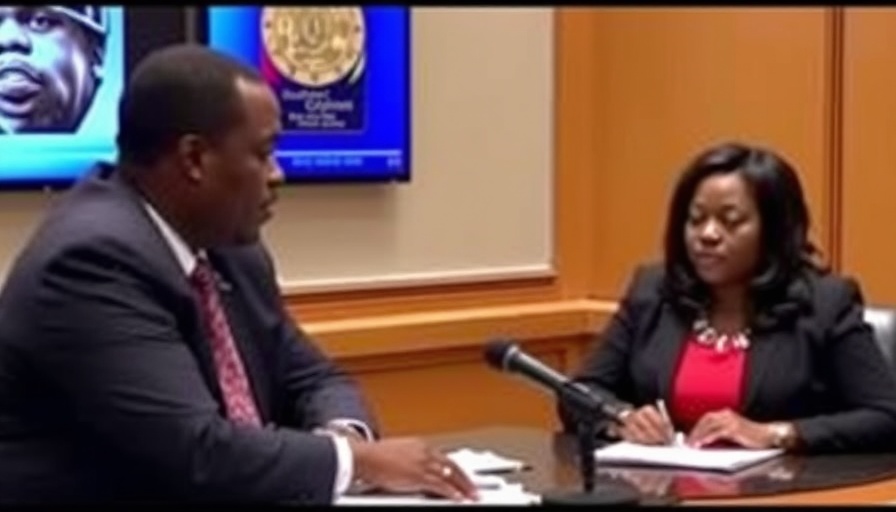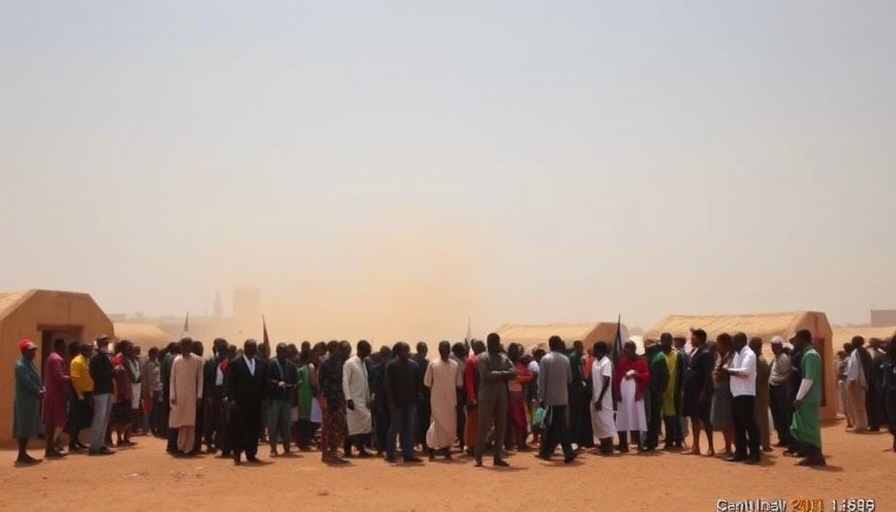
Uganda's 25-Year Treasury Bond: A New Frontier for Investors
In a striking move that has caught the attention of business leaders, Uganda has unveiled its long-term 25-year treasury bond, raising eyebrows and intrigue in the financial markets. This debut comes amidst a landscape where African economies are competing for investment against a backdrop of evolving geopolitical dynamics.
Impact on the African Financial Markets
The introduction of this bond is not just a national event but resonates significantly across the African financial markets. With a maturity period that stretches a quarter of a century, this bond marks Uganda’s commitment to attracting long-term investors, crucial for the country’s development agenda. The implications are profound as they signal to both local and international investors Uganda’s position on the continental economic stage.
Shifts in Global Trade and Africa’s Economic Landscape
As Africa continues to evolve as a vital player in global trade, Uganda’s treasury bond could serve as a benchmark for other nations aiming to enhance their financial portfolios. Analysts speculate that such financial innovations may inspire similar initiatives across different nations in the African region, fostering deeper financial integration and cooperation among African countries, especially in light of independent agreements like Africa-China relations and Africa-EU trade policies.
Pots of Opportunities in a Challenging Economic Climate
While uncertainties remain—a growing concern amidst fluctuating global economic conditions—the potential of Uganda's 25-year treasury bond should not be underestimated. This bond could attract investors looking for stability in emerging markets, especially as they navigate turbulent geopolitical waters. With the continuous shifts within BRICS and the growing influence of the digital economy in Africa, Uganda’s initiative adds a significant component to the region's financial narrative.
Conclusion: A Call to Action for Stakeholders
This debut of Uganda's long-term treasury bond encapsulates potential transformations in Africa's financial landscape that stakeholders must capitalize on. Policymakers, investors, and analysts alike are encouraged to closely monitor the trajectory of this bond, understanding its implications not just for Uganda but for broader regional integration and economic growth strategies. Grasping the intricacies of this development could be pivotal as the continent navigates its role in the global economy.
 Add Row
Add Row  Add
Add 


Write A Comment